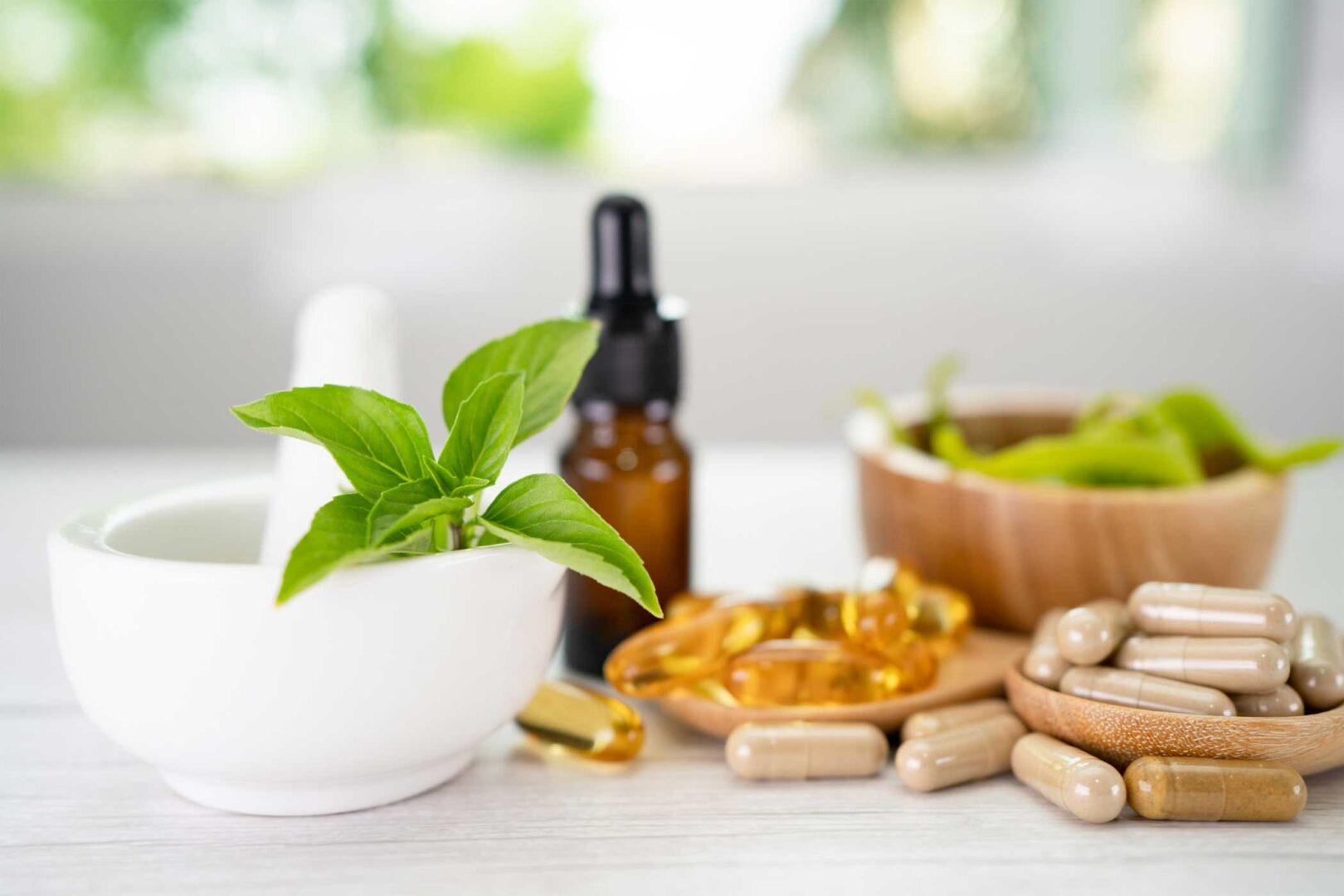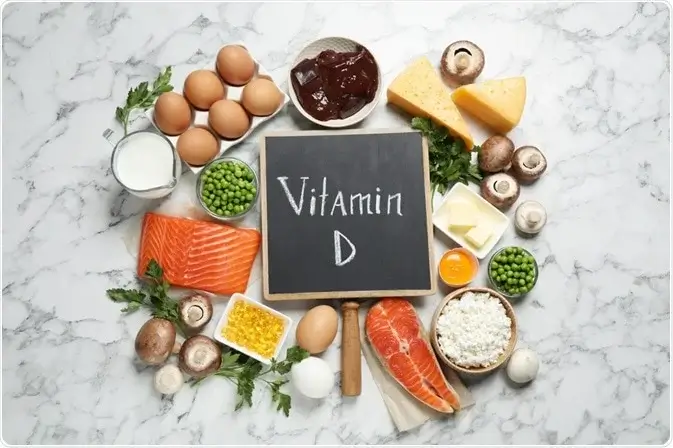Female Fertility Supplements
Recommended for all:
- A healthy diet with fruits (especially berries) and vegetables, less red meat and no trans fats (doughnuts, French pastries, fried foods). Use olive oil for cooking and salads. Avocados and nuts are also good sources of monounsaturated fat.
- Omega-3’s (fish oil) 500-1,000 mg daily
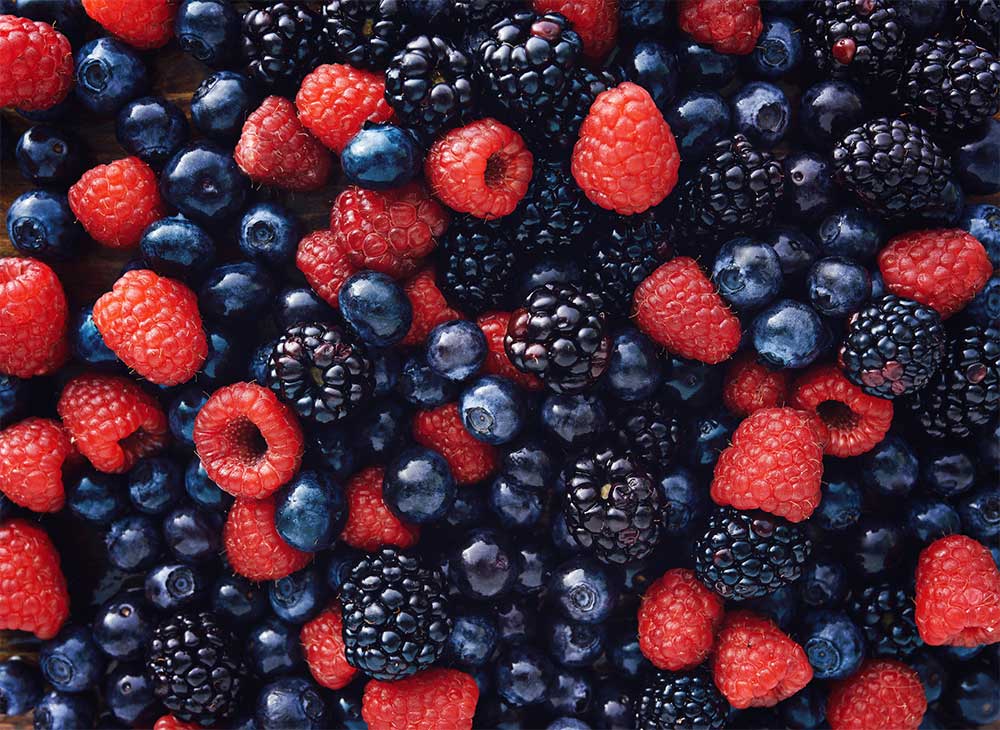
For women over age 37, add to the above:
- Increase antioxidants—500-1,000 mg vitamin C, 200 IU vitamin E (*** do not take vitamin E if you are taking baby aspirin), decaf green tea (1 cup per day); consider adding pycnogenol, 40-60 mg twice daily (this may replace or be added to the other antioxidants already mentioned).
- Take 400 micrograms of folic acid; at least that amount is usually in all prenatal vitamins and multivitamins.
- Consider adding 1-2 gm of L-arginine if your protein intake is low.
- A small amount of vitamin C added to green tea aids absorption of antioxidants.

Female Fertility Supplements List
The health and quality of a woman’s eggs (and therefore, the quality of resulting embryos) are highly influenced by the level of blood flow surrounding the ovaries and the amount of antioxidants available for protection against the damaging effects of oxidation. Based on existing field literature and our personal practice experience, we have compiled a list of supplements for women who are beginning their fertility journey.
Omega 3 Fatty Acids:
These essential fats increase nitric oxide production by your blood vessels, which help maximize blood flow to the pelvic organs. Increased consumption of Omega 3’s has been associated with improved embryo implantation (Wright, 2011), decreased premature labor, and positive effects on fetal brain development. We recommend:
- 500 to 1000 mg daily
Folic acid:
This B-vitamin, in addition to improving blood flow, prevents elevated blood pressure. Folic acid has also been shown to prevent some fetal abnormalities, such as neural tube defects. We recommended:
- 400 to 1000 mcg daily
Vitamin C:
This antioxidant specifically acts to improve levels of nitric oxide, which translates into improved blood flow. Vitamin C has been known to worsen heartburn, so avoid taking it before bedtime. We recommend:
- 500 mg daily
L-arginine:
L-arginine is essential to supplement if your protein intake is low, a possible concern for those with a vegetarian or vegan lifestyle. We would not advise that women consume L-citrulline, an alternative form of L-arginine, because it has not been sufficiently studied in the female population. We recommend:
- 1000 to 2000 mg daily
Pycnogenol:
It is generally recommended to increase your antioxidant intake through natural sources, such as pomegranate, blueberries, and dark leafy vegetables. However, if your natural consumption is low, you can consider taking pycnogenol, particularly if you are 37 or older. Pycnogenol contains proanthocyanidins, which are similar to the antioxidants found in blueberries, green tea, and cocoa. NOTE: This supplement should be discontinued once a positive pregnancy test is obtained, as its effects during pregnancy have not been examined. We recommend:
- 50 to120 mg daily
CoEnzyme Q-10:
This coenzyme is critical to cellular energy production. Studies have shown that this mitochondrial nutrient can reverse effects of aging on female eggs (Casper, 2010). Women, especially those 37 or older, should consider taking this supplement to improve egg quality. NOTE: This supplement should be discontinued once a positive pregnancy test is obtained. We recommend:
- 600 mg daily
Green Tea:
Green tea has long been known as a great natural source of antioxidants. Absorption of these antioxidants can also be markedly increased by adding 50 mg of vitamin C to each cup (Green, 2007). Although an excellent source, this recommendation comes with a slight caveat. Due to the caffeine content, overconsumption of even decaffeinated green tea can adversely effect infertility and its treatments. As such, we recommend:
- no more than 1 cup daily
Male Fertility Supplements
Recommended for all:
- A healthy diet with fruits (especially berries) and vegetables, less red meat and no trans fats (doughnuts, French pastries, fried foods). Use olive oil for cooking and salads. Avocados and nuts are also good sources of monounsaturated fat.
- Omega-3’s (fish oil) 500-1,000 mg daily
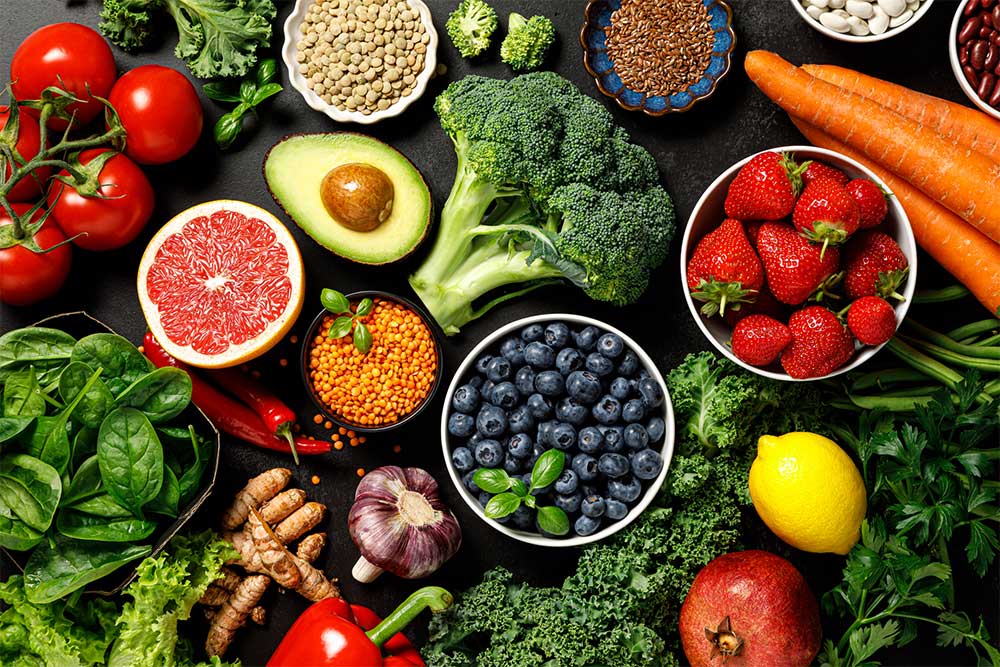
For men over age 40 and/or with abnormal semen (low count, motility, and/or morphology) add to the above:
- Increase antioxidants—500-1,000 mg vitamin C, 200 IU vitamin E, green tea (1-3 cups per day); consider adding pycnogenol, 40-60 mg twice daily (this may replace or be added to the other antioxidants already mentioned).
- Consider increasing omega-3’s to 1,000 to 2,000 mg. In one study of 1840 mg for 8 months all semen parameters improved, particularly strict morphology.
- Consider adding folic acid, 400 micrograms and zinc, 15-30 mg per day as some studies have shown benefits for sperm. These are in many multivitamins.
- Consider adding 2 gm of L-citrulline (may enhance blood flow to the testicles).
- Dark chocolate is another strong antioxidant—use a low sugar brand.
- A small amount of vitamin C added to green tea aids absorption of antioxidants.
- Consider adding Co-enzyme Q-10, 200 mg twice daily. In one study it stimulated sperm motility.
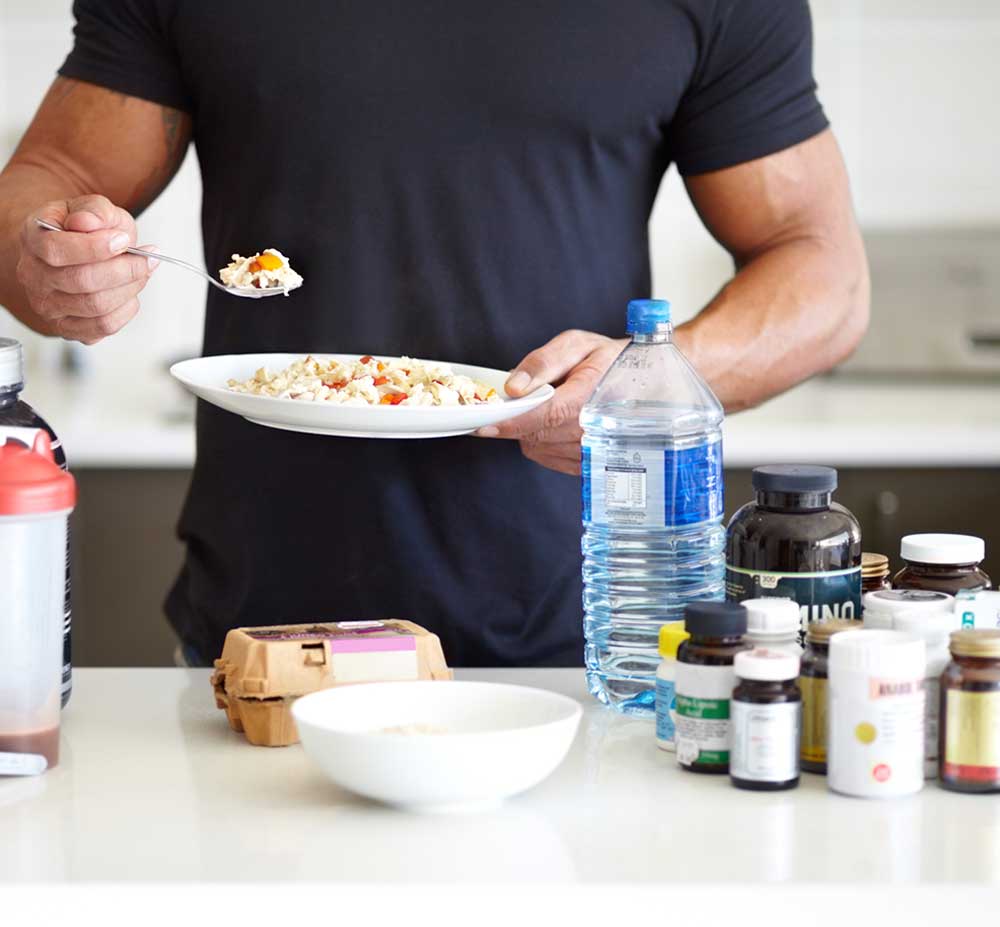
Male Fertility Supplements List
The viability and overall health of sperm are highly subject to the damaging effects of oxidation products. Therefore, increasing intake of antioxidants prior to and during fertility treatment is key. The testicles produce sperm over a 2 to 3 month period so starting these supplements early is generally advisable. Increasing nitric oxide is also essential, as it improves blood flow, which has shown to improve sperm quality. Based on a compilation of studies, as well as our personal practice experience, we have put together a list of supplements for men who are looking to improve their fertility.
Omega 3 Fatty Acids:
These healthy fats increase nitric oxide production, which ultimately maximizes blood flow to the testicles. In several recent studies, omega-3’s have been associated with improved sperm quality (Chavarro, 2009, Safarinejad, 2011, Attaman, 2012). A higher dose taken for several months may have further beneficial effects on sperm numbers, motility, and morphology (Safarinejad, 2011). NOTE: Men should not increase omega-3’s without a large increase of antioxidant intake as well. While essential to sperm membrane function, these polyunsaturated fats are particularly vulnerable to the effects of oxidative compounds (Walthes, 2007). We recommend:
- 500 to 1,200 mg daily
- 1,000 to 2,000 mg daily for a higher dose (discuss necessity with your physician first)
L-citrulline:
L-citrulline and L-arginine are the raw materials used by the body for nitric oxide production. Whereas L-arginine must be largely broken down prior to its bio-available form, L-citrulline is a direct intercellular source of L-arginine, increasing levels much more efficiently than L-arginine consumption alone (Schwedhelm, 2008). In a well-controlled study, increased consumption of L-arginine, combined with pycnogenol, demonstrated a significant increase across all semen parameters. We recommend:
- 2 g of L-citrulline daily
Pycnogenol:
Increasing your antioxidants intake through natural sources, such as berries, chocolate, green tea, and dark leafy vegetables, is highly recommended. However, the addition of pycnogenol can help to further slow the breakdown of nitric oxide and, in some situations, has even been shown to stimulate its production. Pycnogenol contains proanthocyanidins, which are similar to the principle antioxidants in berries and dark chocolate. We recommend:
- 60-120 mg of pycnogenol daily
CoEnzyme Q-10::
This mitrocondiral nutrient is essential to energy production within the cell. Studies have shown that increased intake of CoQ-10 significantly increased the percentage of sperm with forward movement and average sperm velocity (Balercia 2004). While this study spanned 6 months, an effect could still possible occur in a much shorter time, as CoQ-10 acts specifically on the biochemical pathway producing energy. We recommend:
- 200mg twice daily
Folic acid:
Folic acid is a specific co-factor in the production of nitric oxide within the body which, as previously discussed, worked to increase blood flow. However, there has been some recent concern that excessive folic acid intake can also increase risk of colon cancer. The key is to take the smallest possible dose that still provides positive benefits. As such, we recommend:
- 200 to 400 mcg daily
Vitamin C:
This antioxidant also stimulates nitric oxide production. Vitamin C can worsen heartburn, so avoid taking this before bedtime. We recommend:
- 500 mg daily
Green Tea:
Green tea is a great source of antioxidants. While decaffeinated green tea is generally recommended to minimize caffeine levels in the body, men are typically not subject to the same negative effects of caffeine on fertility as women. Additionally, the decaffeination process decreases the level of available antioxidants. This can be counteracted by adding 50 mg of vitamin C to each cup prior to drinking. We recommend:
- 1 cup to 3 cups of green tea daily
Chocolate:
Cocoa has potent effects on nitric oxide production. However, most available sources of chocolate are typically high in sugar, which can actually diminish nitric oxide, so its best to seek out low sugar varieties. This is our only recommendation that could make you gain weight so be cautious not to over-consume. We recommend:
- 1 ounce of low sugar, dark chocolate daily
Adapted from Lifestyle and Fertility by Dr. David Meldrum.
Let’s Take The Next Step Together
Our skilled fertility specialists are here to help. Contact us today and let’s discuss the next phase of your fertility journey.

